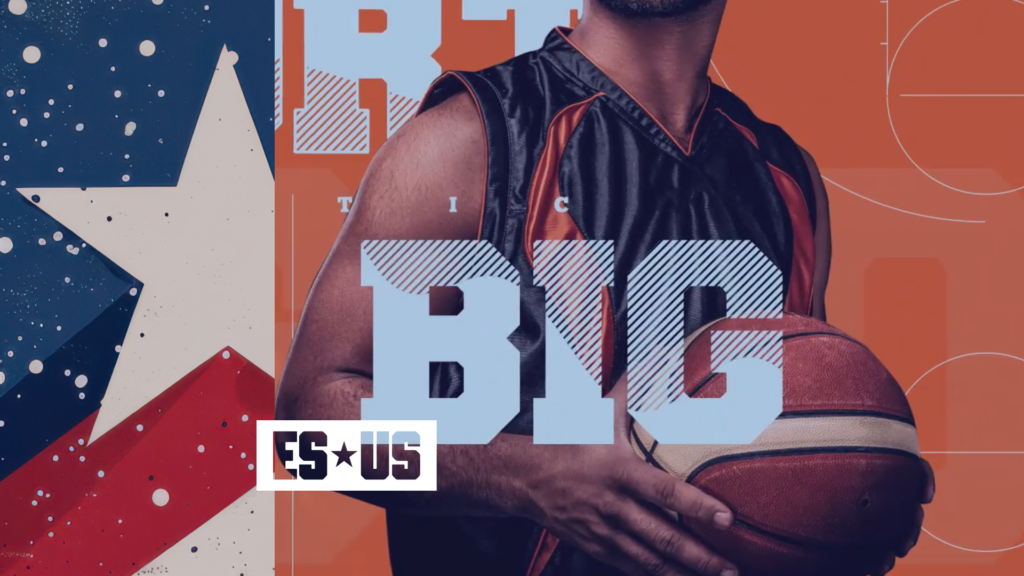
The Growing Appeal of Sports Betting in the United States
Sports betting has seen an incredible surge in popularity across the United States, transforming from a largely underground activity into a thriving, regulated industry. Since the U.S. Supreme Court struck down the Professional and Amateur Sports Protection Act (PASPA) in 2018, legal sports betting has rapidly expanded, capturing the imagination of millions of fans and bringing significant economic benefits to states that have embraced it.
A Rapidly Growing Industry
In just a few short years, sports betting has gone from a niche activity to a mainstream pastime. As of 2025, over 30 states have legalized some form of sports wagering, with others actively exploring legislation. This expansion has unlocked a multibillion-dollar industry that benefits not only operators but also local governments, taxpayers, and sports leagues. In states where betting is legal, fans now have an opportunity to engage with their favorite teams on a deeper level, turning routine games into thrilling, interactive experiences.
Economic and Social Benefits
The economic impact of legal sports betting cannot be overstated. In 2022 alone, legal sports betting generated over $13 billion in revenue, with states collecting nearly $1.5 billion in taxes. These funds have been allocated to various public initiatives, including education, infrastructure, and healthcare. Legalized betting also creates jobs in retail sportsbooks, technology development, and customer support, providing new opportunities for workers in both urban and rural areas.
Beyond economic growth, sports betting has introduced a safer environment for consumers. Legal sportsbooks must adhere to stringent regulations, ensuring fair practices, secure transactions, and responsible gambling measures. This regulated framework significantly reduces the risks associated with illegal betting, such as fraud and unregulated operators preying on vulnerable bettors.
Enhancing Fan Engagement
Sports betting has redefined the fan experience. No longer is watching a game a passive activity—placing a wager, whether on the outcome, player performance, or even in-game events, makes fans feel like active participants. For leagues and broadcasters, this increased engagement translates into higher ratings, stronger sponsorship deals, and innovative partnerships. For instance, the integration of live betting odds during broadcasts has made games more dynamic, attracting both seasoned bettors and casual fans.
Room for Expansion
Despite its success, the potential of sports betting in the U.S. is far from fully realized. While many states have embraced legalization, others remain on the sidelines due to lingering concerns about problem gambling or opposition from specific interest groups. However, evidence from states like New Jersey and Pennsylvania demonstrates that responsible regulation, combined with public education campaigns, can effectively address these concerns.
Expanding sports betting to additional states could unlock further economic benefits, promote responsible gambling practices, and level the playing field for consumers nationwide. Federal support, coupled with state-level innovation, can ensure that the industry grows sustainably and inclusively.
A Win-Win Opportunity
Sports betting is more than just a pastime; it’s a powerful economic engine and a catalyst for fan engagement. By continuing to expand and refine the legal sports betting landscape, the United States has an opportunity to harness its full potential, benefiting consumers, businesses, and communities alike. With responsible practices and robust oversight, the future of sports betting promises to be as exciting as the games themselves.
